In Nigeria, a familiar refrain echoes through radio call-ins, Twitter threads and political debates: “Things were better under the military.” Names such as Murtala Mohammed, Babangida, Gowon and even Sankara of West Africa are often invoked as symbols of decisive leadership, visible development and order.
Yet this nostalgia is misleading. It is less a celebration of soldiers than a critique of the messy, slow and often corrupt nature of civilian democracy today. Nigerians remember the roads, bridges and reforms but conveniently forget the censorship, repression, human rights abuses and economic distortions that accompanied military rule.
Why Nigerians Look Back
Military regimes thrived during periods of favourable international and economic conditions. During the Cold War, Western and Eastern bloc powers often provided foreign aid, loans and diplomatic backing to aligned regimes. Oil revenues, particularly during Babangida’s tenure, funded infrastructure projects, housing schemes and social programmes, creating a visible sense of progress.
In contrast, today’s civilian governments face volatile oil prices, soaring debt, global inflation and intense scrutiny from citizens and international institutions alike. Democracy, by design, requires negotiation, debate and accountability. Decisions take months or years; results are not immediately visible. To a frustrated citizenry facing insecurity, corruption and unemployment, this system can feel weak and ineffectual.
Studies show that Nigeria’s GDP per capita growth during military regimes in the 1970s and 1980s often outpaced that of the early democratic periods of the Fourth Republic, largely due to high oil prices and centralised spending. However, such growth was uneven, unsustainable and concentrated in visible projects rather than in institutional development.
Learning from Africa’s Ethical Traditions
Nostalgia for military decisiveness also masks a deeper truth: Nigerians long for ethical and accountable leadership. Fortunately, Africa possesses rich traditions that can guide modern governance.Ubuntu, from Southern Africa, emphasises community, solidarity and human dignity.
Omoluabi, from the Yoruba, stresses integrity, knowledge, responsibility and service.Maat, from ancient Kemet, calls for truth, justice and balance.
Profoundly instructive is Northern Nigeria’s Islamic governance system from 1804 to 1903. This system demonstrates how ethics, knowledge and decentralised administration can coexist. Leaders were chosen for scholarship, moral integrity and leadership competence rather than inheritance or force. Governance was guided by Divine law, ensuring justice, fairness and social welfare. Zakat funded public projects, while local administrators maintained accountability and efficiency. This history shows that governance can be both principled and effective, rooted in values rather than coercion.
Integrating Ethics and Technology in Governance
Nigeria today faces an unprecedented opportunity. Digital governance, mobile platforms, fintech innovations and social media allow governments to operate transparently, engage citizens and deliver services efficiently. However, technology alone cannot replace ethical leadership.A truly Nigerian governance model would blend ethical leadership informed by both African and divine principles, knowledge-driven policy-making supported by data and research, accountability and transparency enforced through institutions and civic oversight, and modern technology to streamline administration and improve citizen engagement.
This is not a fantasy. It is a blueprint for a government that delivers tangible results while preserving culture, morality and human dignity.
Conclusion
Military nostalgia is a symptom rather than a solution. Nigerians do not yearn for soldiers in power; they long for leaders who are decisive, principled, knowledgeable and accountable. Democracy will only be meaningful when infused with ethics, guided by historical wisdom and empowered by modern technology.
Nigeria does not need to look back. It must reclaim its values, strengthen its institutions and redefine governance for the twenty-first century. Only then can the country achieve the stability, growth and dignity that Nigerians and Africans truly deserve.
ahmadeesir214@gmail.com


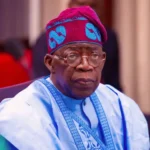

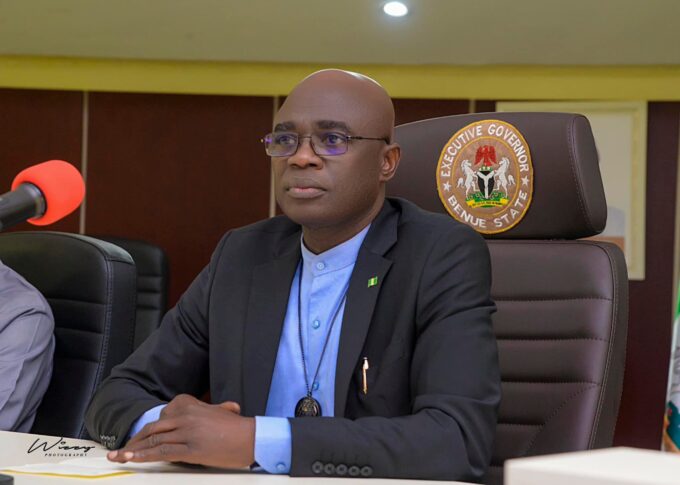
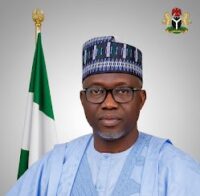

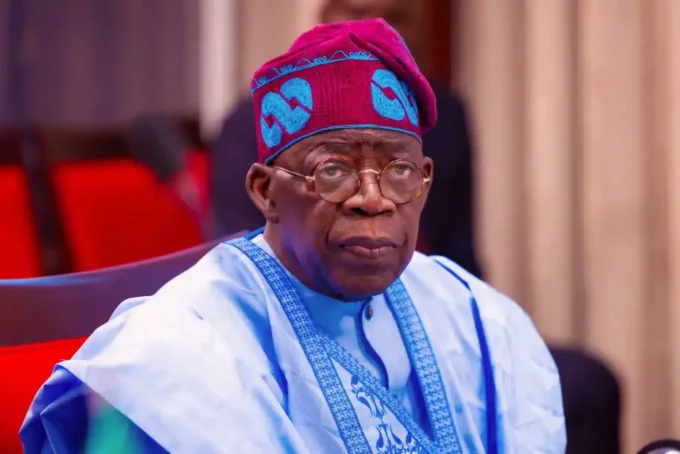
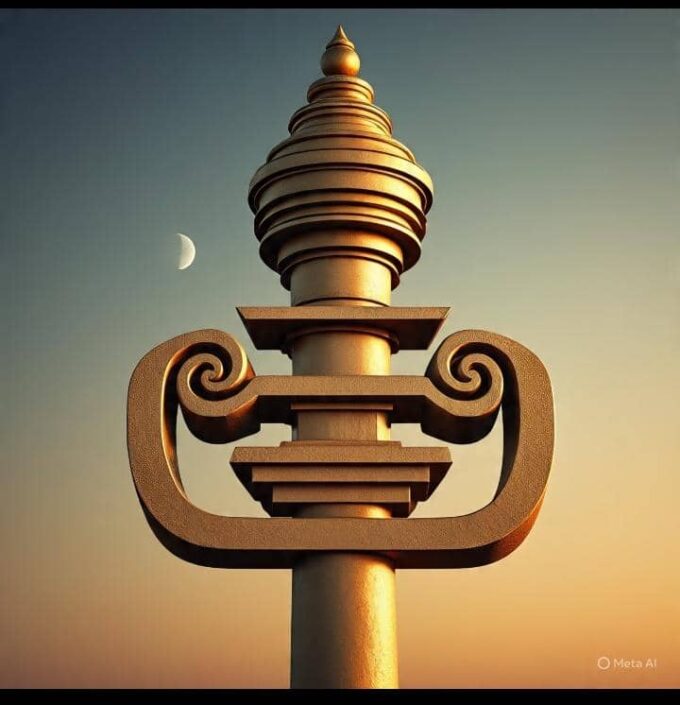



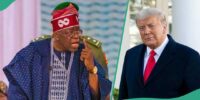
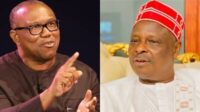
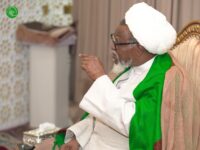
Leave a comment